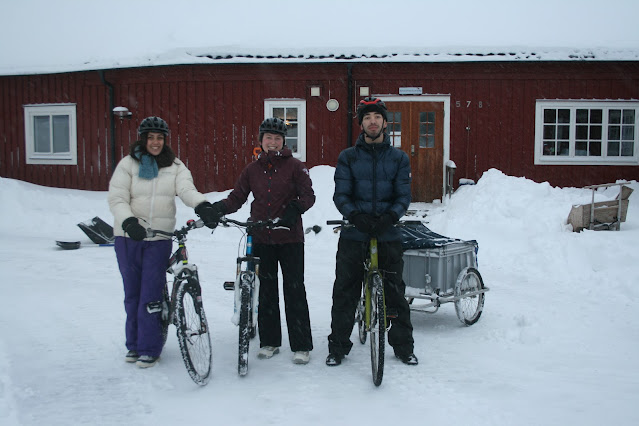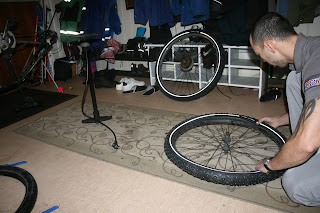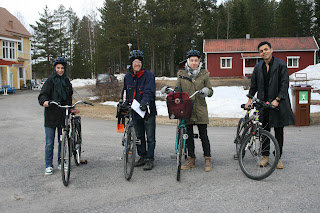Green travel
One of the biggest reasons our earth is suffering from a climate crises is because of the harsh and careless travel habits people (mainly in the western world) have developed over the years. Of course, convenient and affordable travel also has many benefits, and it is hardly fair to say that people wanting to see the world or just trying to get to their day job have sinister intentions when they choose to fly or drive. However, the hypermobile culture we have created has dire effects on the atmosphere and our environments.
Here are some basic facts about our destructive travel habits. Information is taken from (https://www.bbc.com/future/article/20200317-climate-change-cut-carbon-emissions-from-your-commute):
Around 2.4% of global CO2 emissions come from aviation. Together with other gases and the water vapor trails produced by aircraft, the industry is responsible for about 5% of global warming...
...A return flight from London to San Francisco emits around 5.5 tonnes of CO2 equivalent (CO2e) per person – more than twice the emissions produced by a family car in a year and about half of the average carbon footprint of someone living in Britain. Even a return flight from London to Berlin emits around 0.6 tonnes of CO2e – three times the emissions saved from a year of recycling. (https://www.bbc.com/future/article/20200218-climate-change-how-to-cut-your-carbon-emissions-when-flying)
The average petrol car on the road in the UK produces the equivalent of 180g of CO2 every kilometer, while a diesel car produces 173g of CO2/km. In the US, the average passenger vehicle on the road releases 650g of CO2/km. Generally, the larger the car, the higher the emissions.
But in many cases it may be possible to avoid using the car altogether. In many countries, even short journeys which could often be made on foot or by bike are usually made by car. In England, for instance, around 60% of 1-2 mile trips are made by car.
We should really reconsider the ways that we travel! Because of the extreme climate crises the world is in right now, we emphasize green travel very strongly in The Go(o)d Seed project. We see that it is not solely the governments`and corporations´ responsibility to make the necessary changes in order to create sustainable societies, it is each individual´s responsibility as well to make the changes that are possible. Our volunteers took the train all the way from Berlin, Hamburg, and Portugal to get to Luleå. During their stay with us we have also provided them each with a bicycle and a bus card. Even winter biking is possible and reasonable in Luleå. Of course some days the weather is not so cooperative and then it s better to take the bus. But many days taking the bike is best. We have changed from summer tires to winter tires for optimal traction. And of course we must bundle up and wear lights and reflectors!
By bicycling we are not only caring for the earth, we also get to enjoy the earth´s beauty as we peddle through the forest and over the Luleå river. Green travel may be slower travel but it´s often more enjoyable and we are simultaneously exercising and taking care of our bodies. Not only that but bicycling is cheap! And if your bike breaks down you don´t have to take it to an expert to fix it. Most bicycle repairs can be done with basic knowledge and simple tools.





Comments
Post a Comment